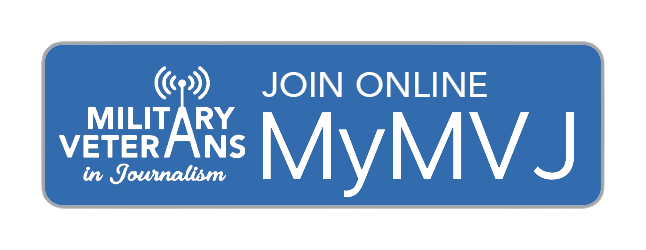You purchased your ticket and booked your hotel for the MVJ 2023 convention happening October 5-7th. Networking will be essential at this event and others. Arriving with a strategy will allow you to make the most out of the experience. Networking well earns you more credibility with a broader range of people. Connections make all the difference in the jobs and collaboration you achieve.
Think of your network as a vine and each connection as a leaf. A vining plant is healthiest when its vines continue to move upward and grow new leaves.
You probably didn’t get to choose your coworkers when serving in the military and advancement is selective, so the importance of networking isn’t experienced. For this reason it’s easy to make the mistake of transitioning to a new career without your sights on creating connections.
Outside the military, networking is a vital step toward building your career. Once you have established your network, you can build relationships through the people within it.
First, think inside the box. Who do the people close to you know? How can you benefit their career or vice-versa? What stories can they tell that may fit in your journalistic writing?
Social media is an excellent place to start. You can find groups of people that align with your career goals and interests on various platforms. Some of these will even have in-person meetups.
Networking with companies is the same as networking with people. You can find the companies you are interested in on LinkedIn, join their following, and look at the employees to see what you have in common – like attending the same school, for instance.
Websites like LinkedIn and Alignable have emerged that focus on working professionals. Reaching out to people is a great way to step up your connections. It never hurts to try to make a professional connection online, and it is a pleasant surprise to hear back from people you are writing about or admire.
Opposite to online networking is in-person networking. It’s good to maintain a comfortable balance between the two. Keep your eye out for events where you can meet people, and bring business cards or have a QR code to lead people to your LinkedIn.
Making professional connections is often about being in the right place at the right time. Salespeople understand this and use what they call “placement tactics.” For journalists, this means going to locations where the people they want to interview are.
Being a veteran provides a unique advantage to networking. You can (and often will) stay in contact with former peers, superiors and subordinates. You will create new connections when you attend their birthdays, weddings or other events, and you can also make new connections through families and organizations like Military Veterans in Journalism. Veterans are known to be reliable, and keeping up bonds throughout various industries is vital to career success.
The importance of networking for veterans does not stop at individual gain. Veterans work in various positions and occupations to provide advocacy and support for each other in media, journalism and beyond. There are veteran organizations built around a variety of goals and concepts for veterans to connect.
Team RWB, for instance, is an organization for veterans to socialize and participate in physical activity. Team Rubicon is another that provides service after service through humanitarian aid. Joining a group or organization opens your avenues of communication, expanding your web of knowledge and people.
When you meet a fellow veteran, connect online – and check mutual connections. As we say in the Marines, “It’s a small Marine Corps.” The broader military community is small, though. The last few times I met another Marine, we had at least one mutual connection. A Marine I met in a veteran group was roommates in Okinawa with my first staff sergeant in the fleet.
Strike up a conversation with people when you attend events. If you recognize someone, make the time to talk to them. Even if you are unsure how you know them, say hello anyway. Talk to those you do not know too.
Networking should not be intimidating, but don’t expect to perfect your skill overnight. It will take time to grow your network and practice socializing with people, especially those outside the military. Relating to civilians and using civilian career communication skills will get easier over time. Once you have a network, you must maintain it by remaining involved, even with those you worked with in the military.
Networking with a unique veteran perspective will bring reliability and success in your media and journalism career. Introduce your connections to each other if you see a commonality. Stay in touch with the people you interview or photograph, and always strive to meet new people.

Eleanor Nesim, the author of this piece, is an accomplished writer with bylines in Atlantis, Verte Magazine, Writer’s Hive, The Humanitarian Rights Arts Festival, on Oxean14, and in the Book: Beyond Belief Marines Colorado. Eleanor also obtained years of utilizing communication skills both technologically and verbally while in a supervisor Military position.



